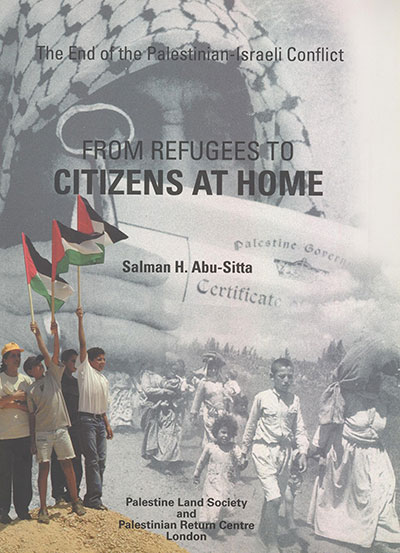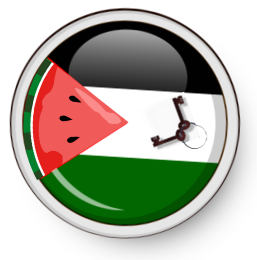
As you read the following, consider the following quote from Abu Sitta (2001): “The Palestinian Nakba is unsurpassed in history. For a country to be occupied by a foreign minority, emptied almost entirely of its national majority, its physical and cultural landmarks obliterated, its destruction hailed as a miraculous act of God and a victory for freedom and civilized values, all done according to a premeditated plan, meticulously executed, financially and politically supported from abroad, and still maintained today, 53 years later, with the same vigour, is no doubt unique.” (emphasis added)
As you read, think about this question: What is the role of research and eye-witness testimonies in dissecting Zionist myths around the Nakba and ongoing Nakba that impede the Right of Return?
Abu Sitta, S. (2001). From Refugees to Citizens at Home. Retrieved from: http://www.plands.org/en/books-reports/books/from-refugees-to-citizens-at-home
Al-Shaikh, Z. (1984). Sabra and Shatila 1982: Resisting the massacre. Journal of Palestine Studies. 14 (1) 57-90. https://www.jstor.org/stable/2537057
